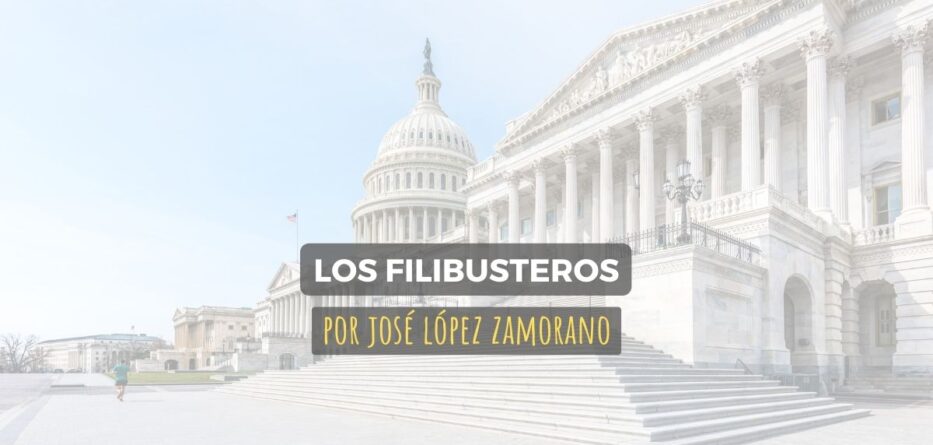The Senate was the scene of a regrettable outcome this week. 50 Republican senators made the decision to block the most ambitious electoral reform initiative in decades, the For the People Act.
Of course, in any democracy, the opposition has the legitimate right to oppose a bill, be it for ideological, political, programmatic, or any other reasons. But in this case the Republicans did not even vote against the bill, they simply refused to initiate legislative debate on the proposal.
The project of For the People Act aims to meet hundreds of bills to make the voting process more difficult and that have emerged in states governed by Republicans, as a result of what has been described in the media as “The Big Lie”, that is, the idea that the legitimate winner of the 2020 elections was Donald Trump. Those proposals mostly affect minorities of color.
Specifically, the draft of the For the People Act seeks to facilitate voting: make Election Day a national holiday, make early voting less complicated in elections, institutionalize voting by mail and, significantly, reduce the influence of money in electoral processes, which tend to give the wealthiest candidates an advantage.
To achieve their goal, the Republicans resorted to an old senatorial tactic practiced by both parties and known as the filibuster. The dictionary indicates that the term derives from the Spanish “filibustero”, which in its original meaning describes a person involved in military expeditions in foreign territory.
Unlike the mercenary, who is traditionally a soldier paid by others, filibusters work for themselves.
In the context of US politics, filibusters are those politicians who decide to block the final vote on a bill. In the case of the Upper House, 60 of the 100 votes are required to submit a bill to vote.
It is worth remembering, for example, that southern senators used filibusters to block Civil Rights legislation, including bills against lynching, and that it was not until 1964 that the Senate was successful in passing a Civil Rights initiative during the Presidency of Lyndon B. Johnson.
The filibuster is not enshrined in the Constitution. It’s a Senate rule. Some jurists believe that it may even be unconstitutional, since the Constitution is governed by the principle of majority rule, that is, in the case of the Senate, it would be 51, not 60 votes. But the only way to make amends is for it to be eliminated in the Senate.
The problem for the president is that two senators from his party are the strongest opponents of the eradication of filibuster, West Virginia Senator Joe Manchin, and Arizona Senator Kyrsten Sinema.
President Biden supports reforming the rule so that opponents of a law can block it as long as they remain speaking in the Senate rostrum. Even the most talkative politician eventually tires.
It is a litmus test for the president. He now must employ all of his persuasiveness in this debate because filibustering is the greatest impediment to enacting his ambitious reform agenda.
For more information visit www.laredhispana.com.






